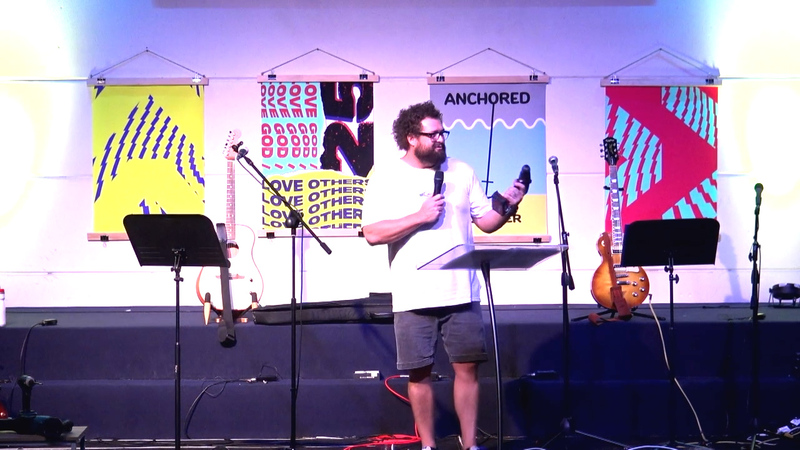
This powerful message from 2 Peter invites us to anchor ourselves deeply in our identity as God's chosen people. We're challenged to examine what we're building our lives upon. The central revelation is threefold: we are chosen by God since before creation, fully equipped with every spiritual resource we need, and called to live fruitfully for His kingdom. Peter, writing near the end of his life, delivers what amounts to a spiritual manifesto against false teaching and moral compromise.
Peter reminds us that God's divine power has granted us everything pertaining to life and godliness—not flimsy, inadequate tools, but the full arsenal of heaven's resources. Yet provision requires participation. We're called to make every effort to grow in faith, goodness, knowledge, self-control, perseverance, godliness, kindness, and love. This isn't about striving in our own strength but about actively cooperating with the Holy Spirit's transforming work.
When we look in the mirror, we often see deficiency, comparison, and distortion. But God sees something entirely different: beloved children chosen before time began, equipped with His power, presence, and promises, and called to reflect the love we've received.
This message challenges us to stop building with inadequate tools of self-effort and people-pleasing, and instead embrace the divine resources already given to us in Christ.
Discussion questions:
1. Peter warns against false teachers who twisted Paul's theology of freedom to justify sexual and financial misconduct—where do you see similar distortions of grace being used to excuse sin in contemporary Christian culture?
2. When you look in the mirror spiritually, do you see deficiency, comparison to others, or distortion—or do you see yourself as chosen, equipped, and called by God?
3. The sermon lists eight character qualities to 'make every effort' to develop (faith, goodness, knowledge, self-control, perseverance, godliness, kindness, love)—which one feels most challenging for you right now and why?
4. The sermon warns against drifting into spiritual stagnation—what specific practices or accountability structures do you need to put in place to ensure you're making 'every effort' in your faith journey?
5. The calling described is to 'live in such a way that reflects the way you've been loved'—what would change in your life this week if you fully embraced this as your primary calling?

